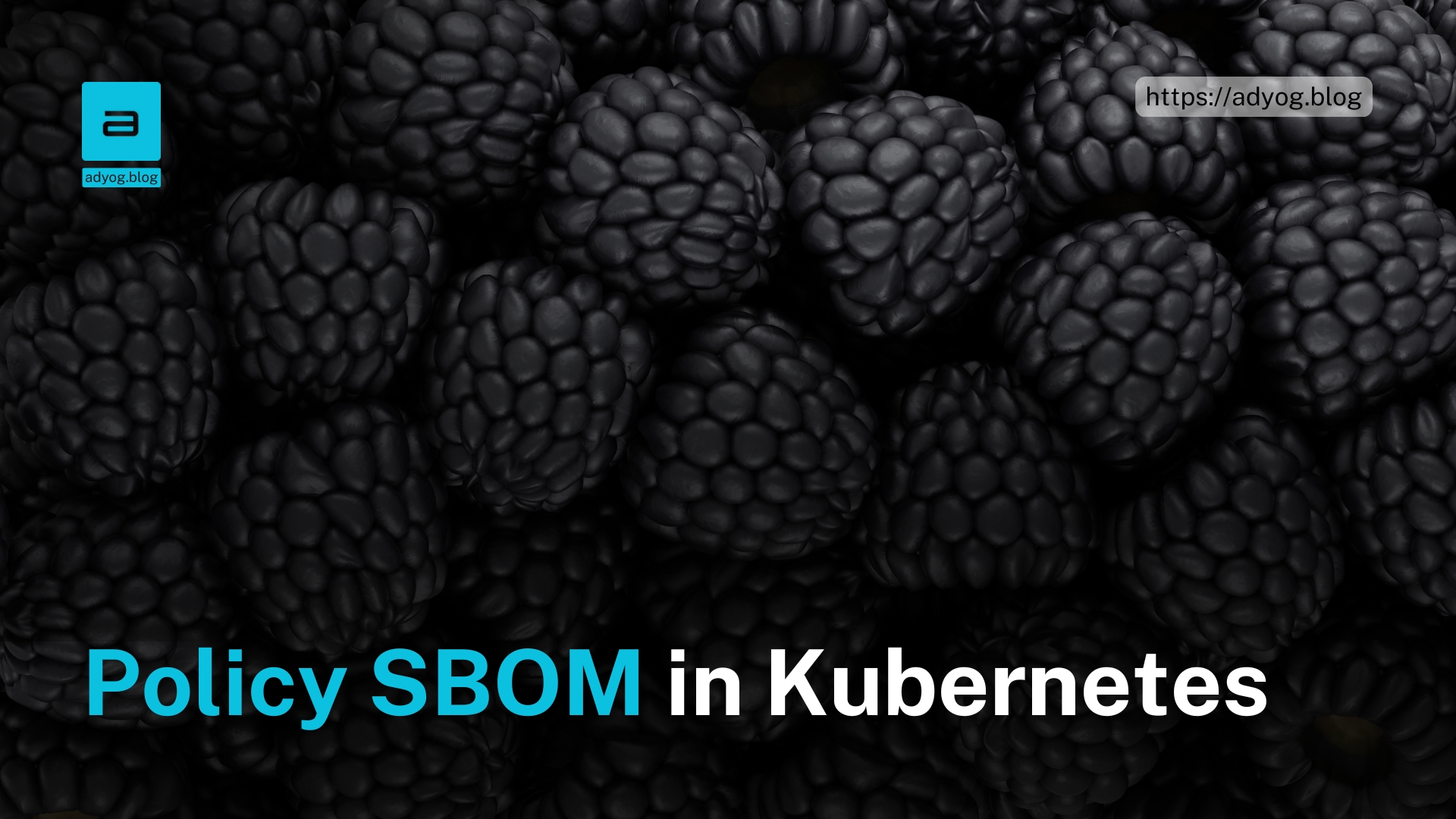Managing Kubernetes policies has become increasingly complex in today’s multi-cluster and hybrid cloud environments. Policy SBOM in Kubernetes, introduced by Styra, extends the principles of a Software Bill of Materials (SBOM) to policies, offering enhanced visibility, dependency management, and operational security. This innovative approach ensures enterprises maintain compliance, mitigate risks, and streamline Kubernetes policy management.
How Policy SBOM Works
Policy SBOM offers a complete inventory of Kubernetes policy modules, dependencies, and configurations. This transparency empowers organizations to manage policies more effectively by:
- Mapping Dependencies: Clearly outlining policy relationships and dependencies.
- Tracking Changes: Maintaining a record of policy updates to prevent configuration drift.
- Detecting Conflicts: Identifying and resolving conflicts between overlapping policies.
Visualization of Policy Dependencies
Imagine a graph where nodes represent individual policies, and edges represent dependencies between them. Such a structure helps teams analyze and manage policy order, precedence, and potential conflicts, ensuring smooth operations in Kubernetes environments.
Benefits of Policy SBOM for Enterprises
1. Enhanced Visibility
- Comprehensive Auditing: Provides a centralized view of all policies, making audits more efficient.
- Proactive Monitoring: Detects unauthorized or unintended changes to policies.
- Simplified Management: Streamlines oversight of policies across multi-cluster and hybrid environments.
Example: Enterprises have reported up to a 30% reduction in audit times with centralized policy inventories.
2. Improved Dependency Management
- Version Compatibility: Tracks and ensures compatibility between policy modules.
- Conflict Mitigation: Prevents disruptions caused by dependency conflicts.
- Update Tracking: Ensures timely updates to dependencies, reducing security risks.
3. Better Compliance and Governance
- Documented Policies: Maintains clear records for regulatory compliance (e.g., GDPR, HIPAA).
- Compliance Success Rates: Improves audit outcomes with transparent, well-documented policies.
Example: Organizations using Policy SBOM have reported 20% higher success rates in compliance audits.
4. Robust Security Posture
- Proactive Risk Management: Identifies and mitigates vulnerabilities in policy configurations.
- Data Integrity: Ensures secure transfer and storage of policy metadata.
5. Cost Efficiency
- Operational Streamlining: Reduces overhead associated with manual policy management.
- Faster Issue Resolution: Cuts down MTTR (Mean Time to Resolution) during security incidents.
Available Features for Styra Enterprise Customers
Styra’s Policy SBOM, integrated into their Declarative Authorization Service (DAS) platform, offers the following:
- Policy Inventory: Detailed insights into all policies, their sources, and dependencies.
- Impact Analysis: Evaluates policy changes and their impact on the cluster.
- Integration: Seamlessly integrates with CI/CD pipelines, enforcing policies during deployments.
- Compliance Reporting: Simplifies audits with built-in compliance reporting tools.
Challenges and Limitations
While Policy SBOM is a game-changer, it’s not without challenges:
- Implementation Complexity: Generating and maintaining Policy SBOMs requires robust tooling and expertise.
- Performance Overhead: Real-time policy tracking may introduce slight performance overheads in large clusters.
- Vendor Lock-In: Styra’s Policy SBOM is currently limited to enterprise customers, making vendor lock-in a potential concern.
The Future of Policy SBOM
The evolution of Policy SBOM will likely include:
- Industry Standards: Development of universal standards for policy management.
- Enhanced Automation: AI-powered tools to suggest policy optimizations.
- Integration with Open Source: Broader adoption through open-source initiatives.
Conclusion: The Role of Policy SBOM in Secure Kubernetes Environments
Policy SBOM represents a critical advancement in managing Kubernetes policies, offering unprecedented transparency and control. By providing a structured inventory of policy modules and dependencies, it helps organizations improve security, simplify compliance, and enhance operational efficiency.
To explore how Policy SBOM can transform your Kubernetes operations, visit the Styra website and access their comprehensive documentation.





Leave a Reply